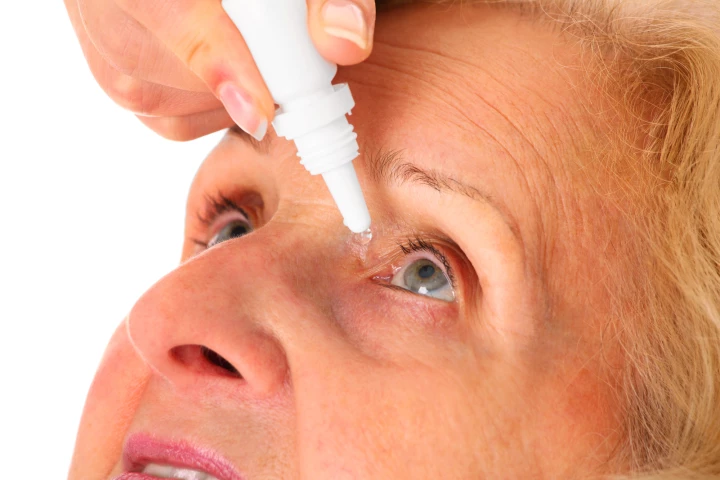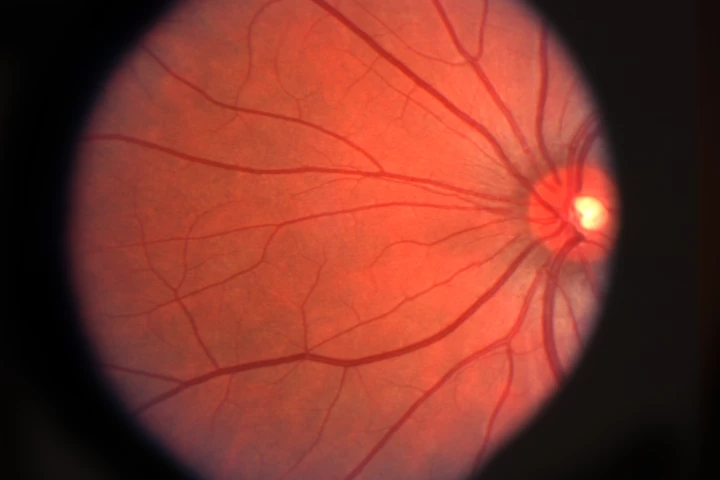Macular Degeneration
-
A popular pill that assists with shut-eye may also help preserve those eyes, with a new study linking melatonin and the slowing of age-related macular degeneration. It's part of a growing body of research into the sight-protecting power of melatonin.
-
Senolytics, a new class of drugs that counter, or reverse, age-related health conditions, is a field of medical science swiftly gaining momentum. The latest, which uses molecular auto-assembly to destroy problematic senescent cells, shows great promise.
-
If you don't like getting needles in the arm, imagine getting them in your eyes. That's what people with wet age-related macular degeneration have to do, but thanks to new research, those injections may soon be replaced by painless eyedrops.
-
Age-related macular degeneration is a debilitating eyesight loss, that robs nearly 20 million Americans of their independence. What if understanding this incurable condition and creating better therapies for it starts in the eyes of jumping spiders?
-
One of the leading causes of blindness, age-related macular degeneration causes the center of an older person's vision to become blurry or even completely absent. Arges glasses are designed to help, by relocating the unseen images.
-
Scientists have found that an existing drug, already used in humans, could help restore vision lost to conditions like age-related macular degeneration and retinitis pigmentosa. The discovery could also lead to a whole new class of drugs.
-
A team at the University of Wisconsin-Madison has engineered a novel type of scaffold that could give efforts to tackle vision loss a boost, by improving the precision with which replacement photoreceptor cells can be delivered into the eye.
-
Spanish researchers have created a new potential treatment for age-related macular degeneration, which is currently untreatable – a biohybrid artificial retina, made of silk and loaded with new human cells that can integrate and repair the damage.
-
Scientists working towards next-generation treatments for blindness have made an exciting breakthrough, demonstrating how a new method of injecting healthy cells into the eyes could act as a one-two punch to address vision loss.
-
Studies have seen physical activity slow age-related vision loss, but it hasn’t been clear how causal that relationship has been. New research is now offering the first evidence to show how exercise can directly slow, or prevent, macular degeneration.
-
Age-related macular degeneration (AMD) is one of the leading causes of blindness in older people, with the "wet" form of the disease being responsible for about 90 percent of all cases of AMD-related severe vision loss. There may be new hope, however, in the form of an experimental eye implant.
-
An exciting breakthrough has revealed a new hypothesis behind the cause of glaucoma, a common degenerative eye disease. The study found a high number of T-cells present in the retinas of those suffering from the disease, suggesting the condition may have a previously undetected autoimmune cause.
Load More











